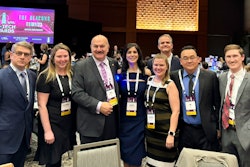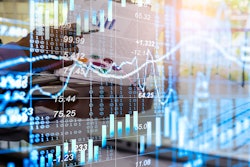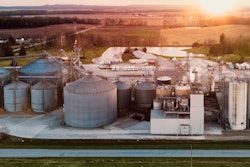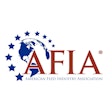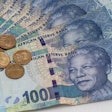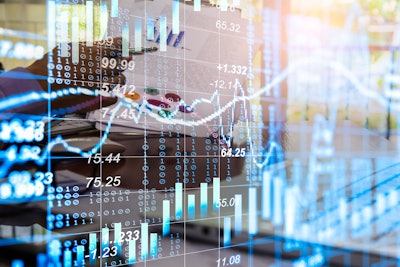
Evonik said its third quarter 2023 financial results were better than the previous quarter, despite a difficult environment.
The company increased its earnings before interest, taxes, depreciation and amortization (EBITDA) by 8% to EUR485 million (US$519.3 million) in the third quarter from the second quarter. However, due to persistently weak demand, the adjusted EBITDA fell by 21% year-on-year.
“The economic recovery is still a long time coming,” said Christian Kullmann, chairman of the management board. “That is why we are focusing on the levers at our disposal. And that is increasingly having an effect.”
Group sales fell 23% in the third quarter to EUR3.77 billion. Sales volumes declined by 5%, and prices by 6%. For methionine, prices bottomed out in the third quarter and have improved slightly since. The business also realized initial savings effects from the ongoing transformation program of the animal nutrition business line.
Free cash flow in the third quarter increased by 63% to EUR469 million, driven by prudent working capital management and investment discipline. Cash generation in the first nine months was also higher than in the previous year, despite significantly lower adjusted EBITDA. Evonik remains committed to increasing the cash conversion rate toward its target of 40% in the current year. In 2022, the ratio was 32%.
“Our focus on cash is paying off,” says Chief Financial Officer Maike Schuh. “We will also benefit from this in the fourth quarter. To strengthen our financial foundation, we will continue to rigorously scrutinizing investments and other expenditures in the coming year.”
Since the second half of 2022, Evonik has been implementing measures to safeguard earnings, such as not filling vacant positions, not using external service providers and cutting down on business travel. As of September 30, the company had already saved about EUR175 million, which amounts to 70% of the EUR250 million savings target for 2023. Fixed costs for the group are now clearly below the level of the previous year. The measures will continue in 2024.
Evonik generated a net loss of EUR96 million in the third quarter. This resulted from weaker business performance and impairment losses. Evonik realized a EUR233 million impairment on superabsorbents ahead of the planned divestment of the business. In 2022, the group earned EUR214 million in the same period.
In September, Evonik sharpened its corporate strategy: Two major units are being strategically reorganized to focus resources more closely on the operating business of the three growth divisions. The technology and infrastructure division is being split up. In the future, the technology division will benefit from a global pooling of competencies independent of locations. The chemical parks in Marl and Wesseling, Germany, as well as in Antwerp, Belgium, run by the infrastructure division will become legally independent. The aim is to improve financing options so that the infrastructure of the sites will remain high quality.
Less complexity and clearer responsibilities will be brought about by Evonik Tailor Made. The program will create an administration tailored to Evonik’s specific needs: A new organizational design will enable faster decisions and more efficient processes. This will make the administration more cost-efficient, partly by removing management layers.
Evonik continues to invest in sustainable products: In September, Evonik announced another expansion of production capacity in Schoerfling, Austria. The membrane modules manufactured there can efficiently separate biogas or hydrogen from gas mixtures.
Evonik assumes continued weak demand without recovery for the remainder of the year and confirms the outlook issued in August. Full-year adjusted EBITDA for 2023 is expected to be between EUR1.6 billion and EUR1.8 billion on sales of EUR14 billion to EUR16 billion. Evonik will limit capital expenditures to around EUR850 million in the current year.


